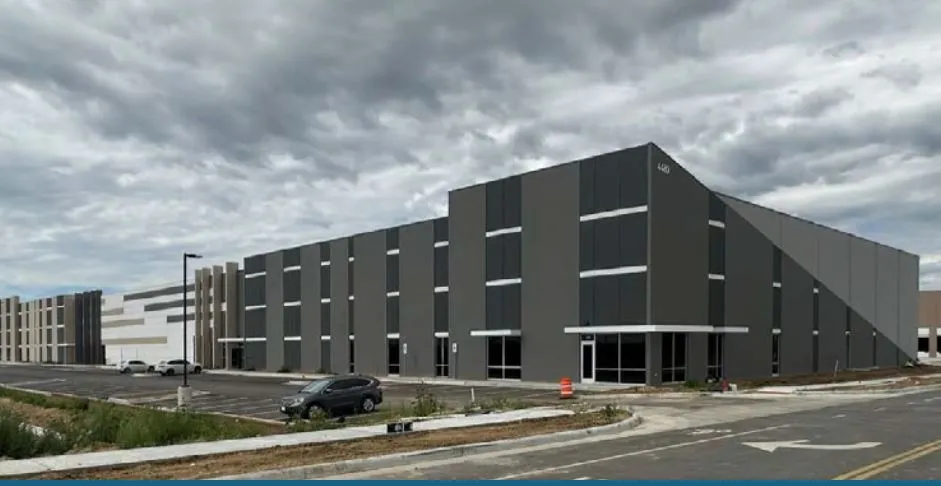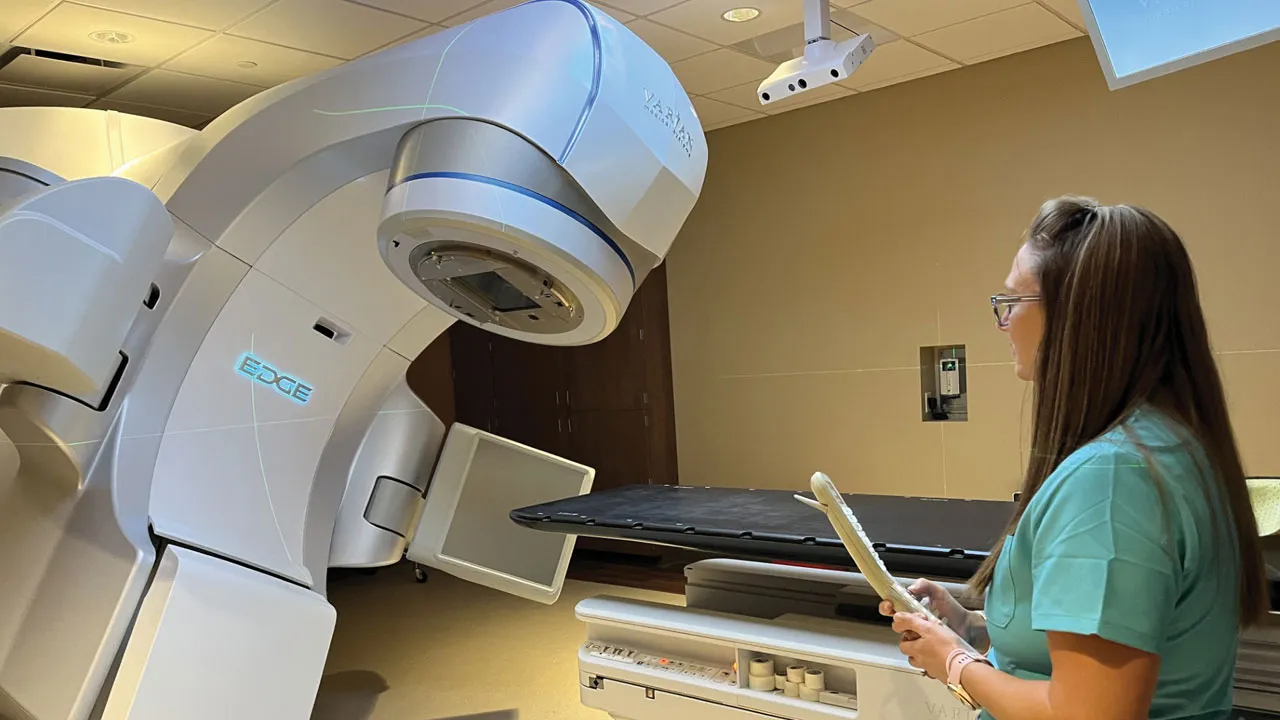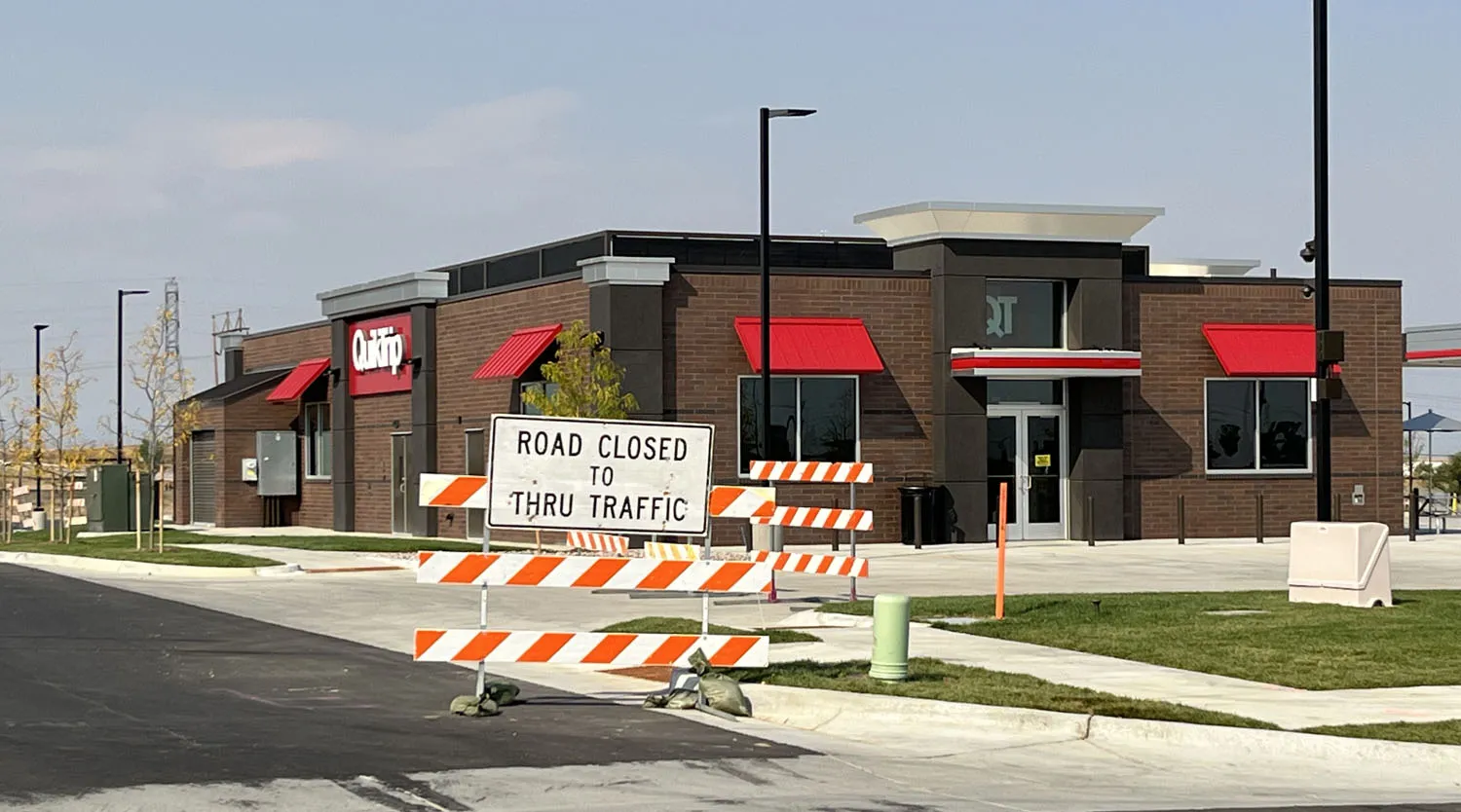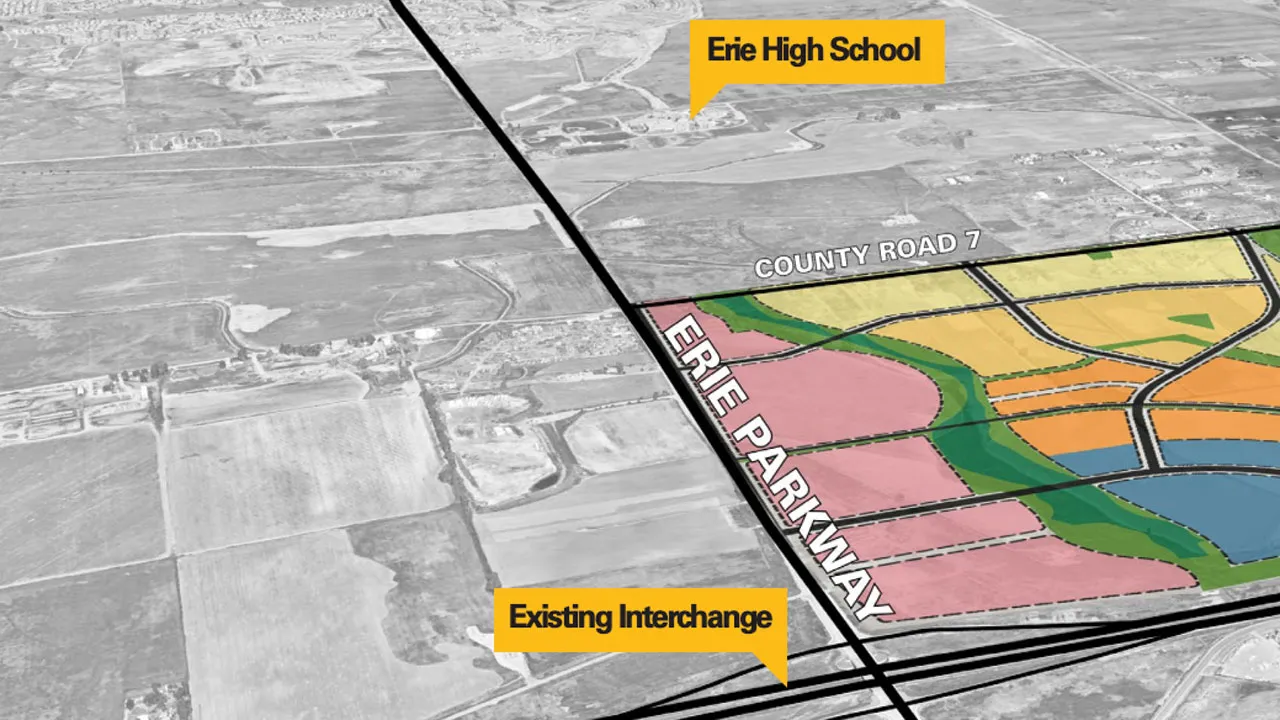Who will buy Naropa’s campus?
Naropa University land under contract, campus likely to be redeveloped
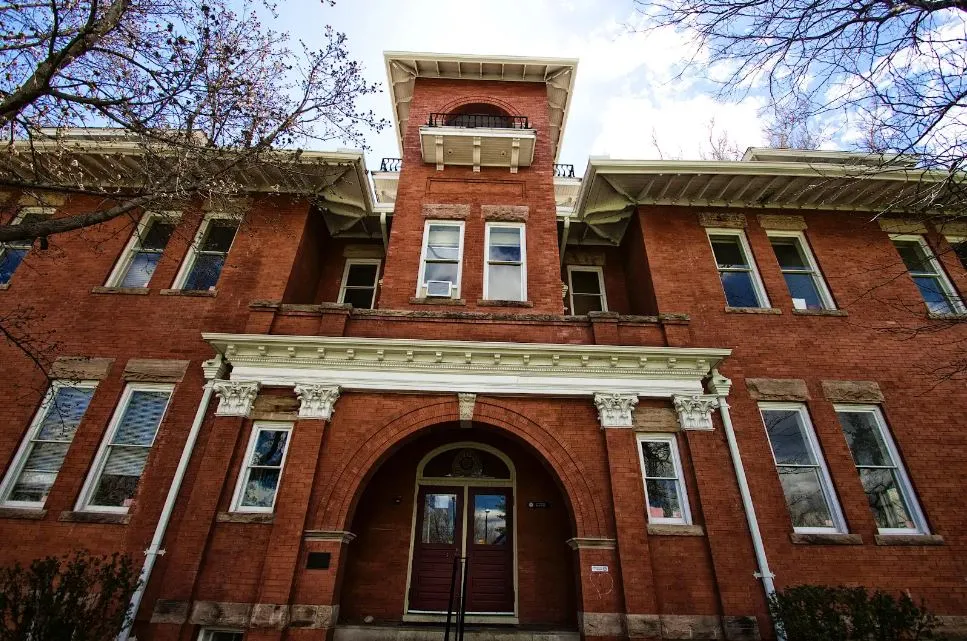
BOULDER — Naropa University is under contract with a yet-to-be-named buyer for its main Boulder campus, which is expected eventually to be redeveloped.
“The buyer is starting to map out a process (for redevelopment) with planning staff at the city, and we’re going to be coordinating with them and supporting them,” Naropa president Charles Lief told BizWest.
The roughly 3.6-acre campus at 2130 Arapahoe Ave. has been home to Naropa University, a liberal arts school with a Buddhism-inspired curriculum founded in 1974 by Tibetan Buddhist teacher Chögyam Trungpa, for the past four decades.
SPONSORED CONTENT
The deal “includes the buildings, classrooms, cottages, and Performing Arts Center,” according to a letter from Naropa leaders to the campus community. “The sale does not include the Tea House, which can be relocated.”
Lief said that contractually he couldn’t identify the soon-to-be buyer or reveal the sales price, “but that is not going to be for very long. …I’d say within a few weeks there will be a sufficient public record that there’s really no way” to continue to keep the buyer under wraps.
Education, Lief said, “is not their primary function,” which likely rules out the nearby University of Colorado as the buyer.
“The biggest issue for a site like this, because we’re in the flood plain, is the cost of any level of development or renovation is incredibly expensive,” Lief said. “So for an institution to do a development that is not revenue-generating in a significant way is really not practical. Building something like a community theater … just won’t work on a site like this.” This likely rules out public or nonprofit entities as the buyer.
Naropa leaders have had conversations in recent months with four “serious” prospective buyers, Lief said.
“I had a requirement that I only wanted to talk to buyers that had experience with development in Boulder,” Lief said. “It is a complex process here, and I didn’t want someone going through the process here in Boulder for the first time on our account.”
While the campus site is likely to be redeveloped for a use other than education, Lief said he expects the future use of the property to be “in keeping with the surrounding properties. It’s not going to be an outlier.”
Lief said the buyer’s entitlements process is expected to take at least a year. “We’re assuming it will be 18 to 24 months before it is clear what the purchaser is going to be able to do on the property.”
Assuming the sale closes as planned, Naropa will not abandon all of its Boulder properties, nor is the school expected to immediately vacate its main campus.
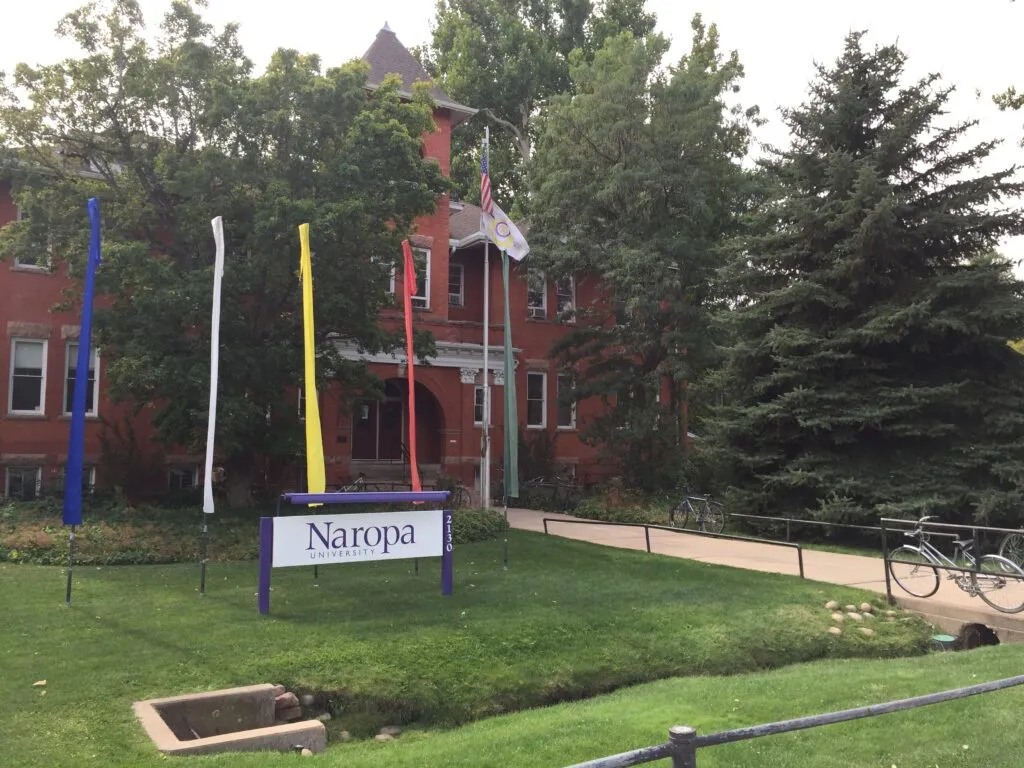
“We’re going to stay in Boulder,” Lief said. “ …There’s the question, ‘Is this (property sale) the first move toward leaving?’ That is not in the cards.”
The school will retain its 5.5-acre Nalanda campus at 6287 Arapahoe Ave, Lief said. Naropa leaders could consider building additional facilities there, but construction costs are too high for that to be a realistic option at the moment.
“There is a huge amount of commercial space that’s sitting empty,” Lief said. “I’d be happy in the near term not to own things if we can lease them under favorable terms and not tie up our capital” buying or building new facilities.
On the main campus, Naropa’s historic Lincoln Building at 2130 Arapahoe Ave, which was built more than 120 years ago with designs from Boulder architect Watson Vernon, will remain in place after the sale.
“The Lincoln school is … going to stay where it is. And there are a couple of other historic aspects, so some of what’s here now will not change,” Lief said. “But a lot of it will need to (be redeveloped) because (the property) needs to be more intensively used to make economic sense.”
Naropa leaders could decide to begin moving out of the main campus immediately upon closing the sale, Lief said, but the “90% likely scenario” involves the university negotiating the “right to continue to occupy this campus for a period of years through a series of leases.”
In this scenario, a portion of the purchase price would likely be paid by the buyer upon closing, with the balance provided to Naropa when the school ultimately vacates the campus property.
“We are not selling this property because it’s going to address any short-term capital pressures,” Lief said. “We won’t get any money for a couple of years. This sale is for investment in our future.”
Whichever route the Naropa takes, it will likely move forward with new leadership. “It won’t be me because probably within a year or so I’ll be retired,” Lief said.
In a letter to the campus community, former Naropa dean Judy Lief and past president Barbara Dilley acknowledged that “change is not easy. Selling something so dear and familiar may be frightening or unsettling. But if we come together as a community, we can support one another. We can share gratitude for this land, its sacred sycamores, and all the blessings it holds. We can begin to imagine and evolve an environment that meets this world now, with all its complexities and emerging edges of possibilities. Change opens up possibilities.”
In the years since the COVID-19 pandemic, Naropa has beefed up its virtual-learning programs with an eye toward reducing its physical footprint.
“Many small, liberal arts colleges have been losing enrollment over the last several years,” Lief said. “We are moving the other direction; we’ve grown 30% over the last 2.5 years in our enrollment,” a trend driven in large part by new virtual learners.
“One might say (that Naropa’s curriculum) is very personal, it’s about people being together,” Lief said, but in-person learning is not an absolutely necessary element of student success.
During the COVID-19 pandemic, Naropa proved that “given the right support, the faculty did an excellent job converting their classes to an online approach,” he said. In the years that followed, grant funding allowed the school “to hire some talented curriculum-development folks to really work on what it would take” to develop a robust curriculum specifically geared to virtual learning.
“Student surveys were showing that students were significantly satisfied” with Naropa’s virtual-learning options. “And we started getting inquiries from students around the country for whom (moving to) Boulder was really not an option.”
The land sale “will allow us to invest in the next 50 years at Naropa University and empowers us to upgrade and expand our offerings, and further influence the world through our unique educational mission,” the Naropa Board of Trustees and Executive Leadership Council said in a message to students and staff.
“It’s not inexpensive to develop new courses here, whether on the undergraduate and graduate level,” Lief told BizWest. “So if we are going to meet the increasing interest that students have in areas that are adjacent to Naropa but not things we’re doing right now,” social work, for example, the school would need to find a donor to underwrite such efforts or invest its own capital.
In another letter to the campus community, Naropa leaders wrote that “proceeds from this sale will be reinvested in critical areas such as: hiring and retaining faculty for graduate counseling, which is key to attaining (Council for Accreditation of Counseling and Related Educational Programs) accreditation; new graduate, undergraduate, and professional development programs; technological innovations to support faculty and students; student scholarships to increase our diversity; and campus infrastructure improvements.”
Editor’s note: This story has been corrected to reflect the size of the campus property and to remove a reference to the National Register of Historic Places.

Naropa University is under contract with a yet-to-be-named buyer for its main Boulder campus, which is expected eventually to be redeveloped.

